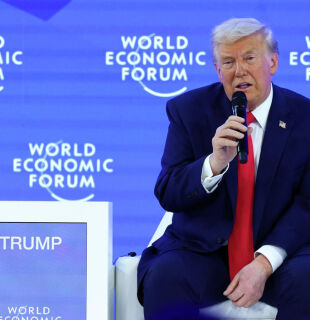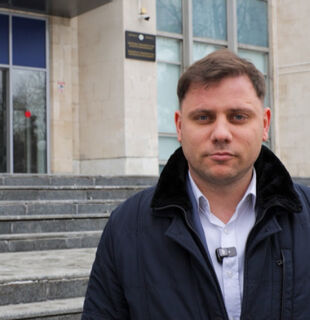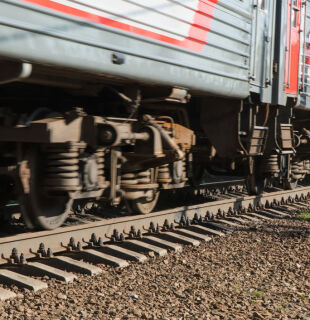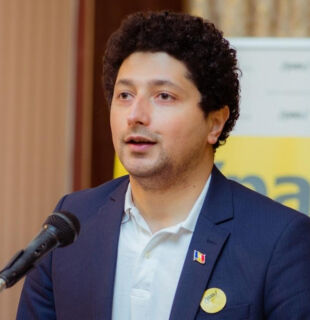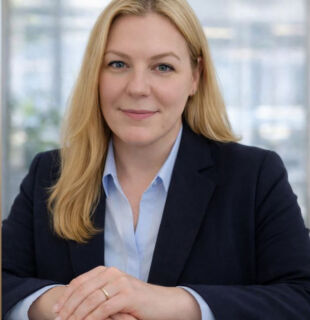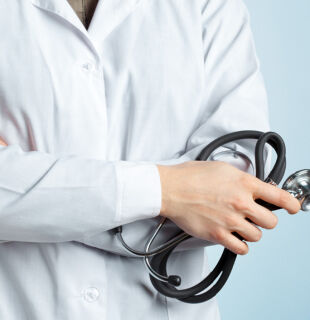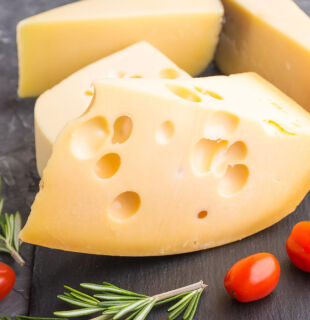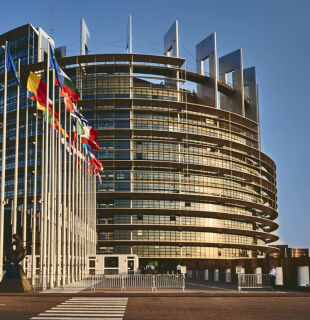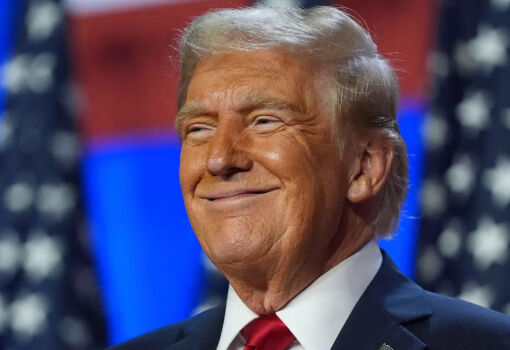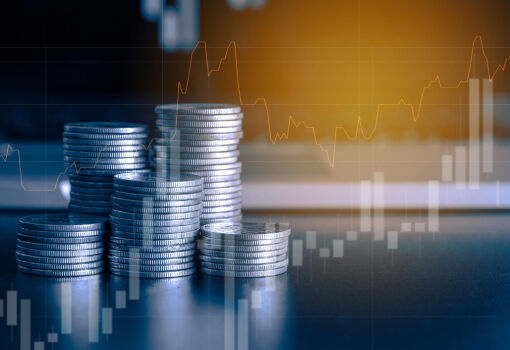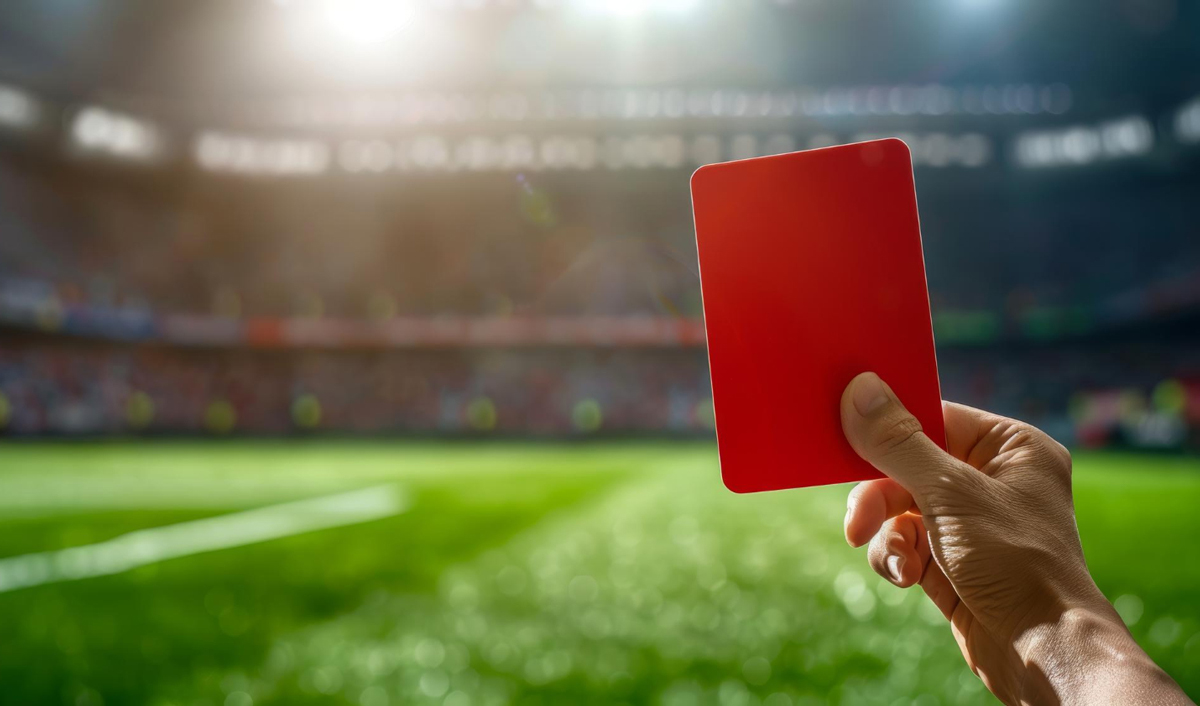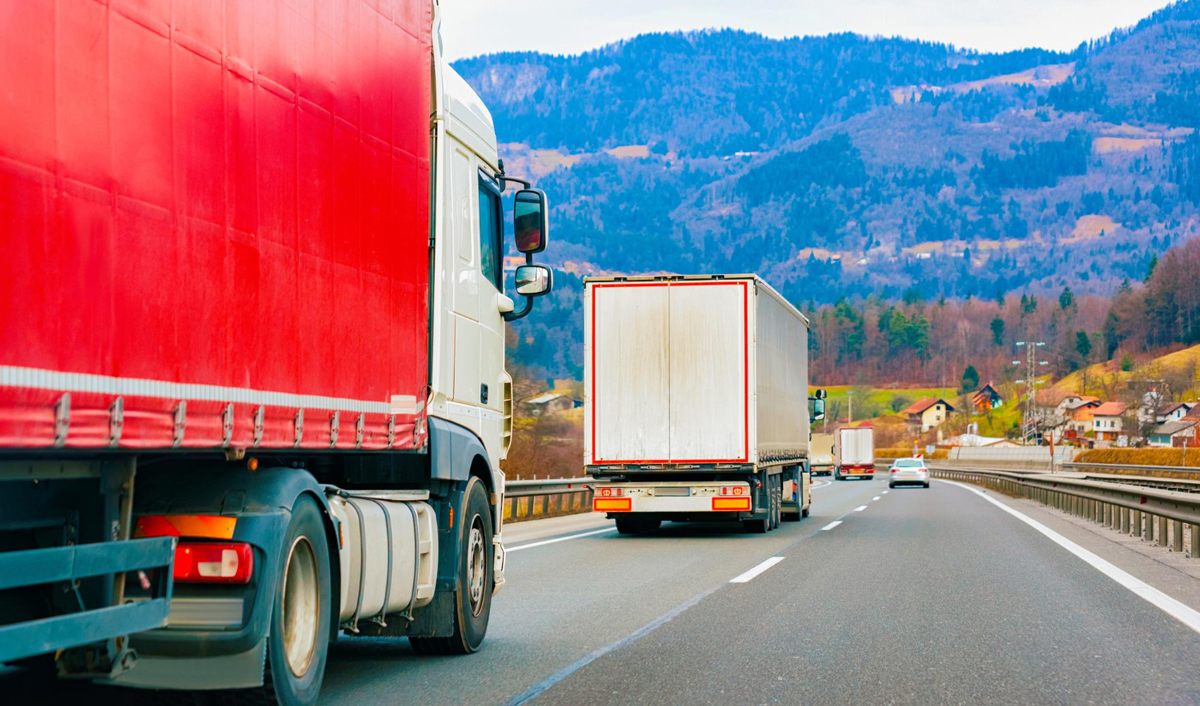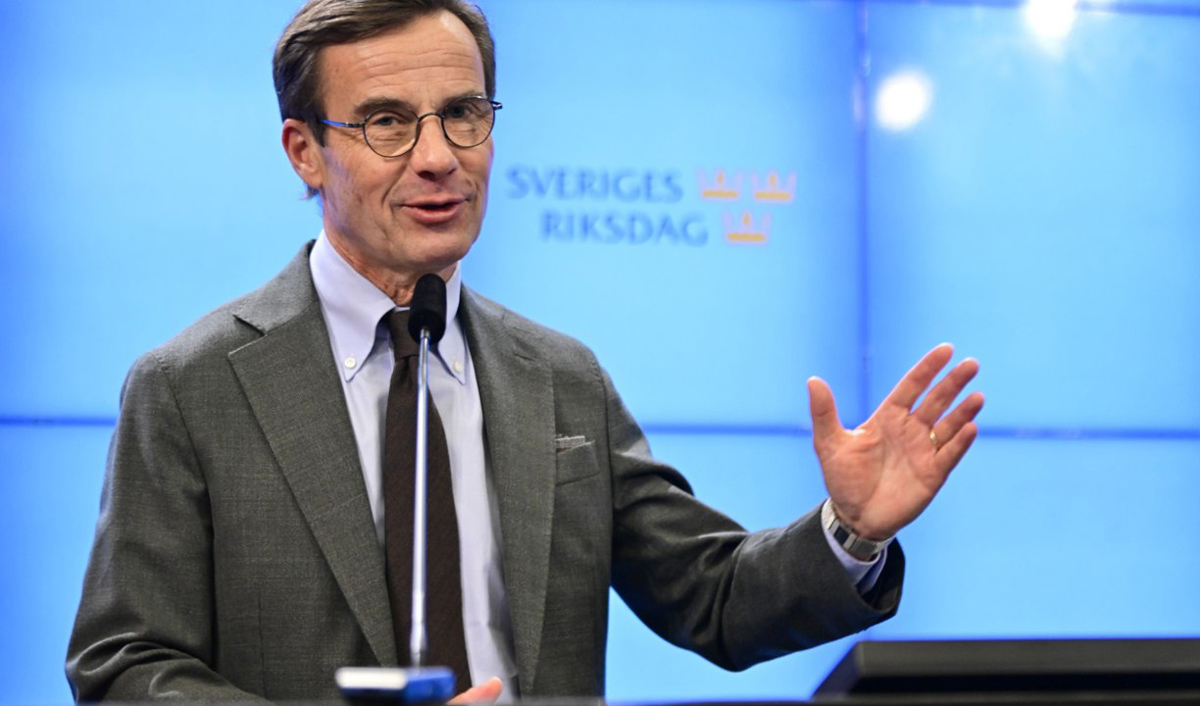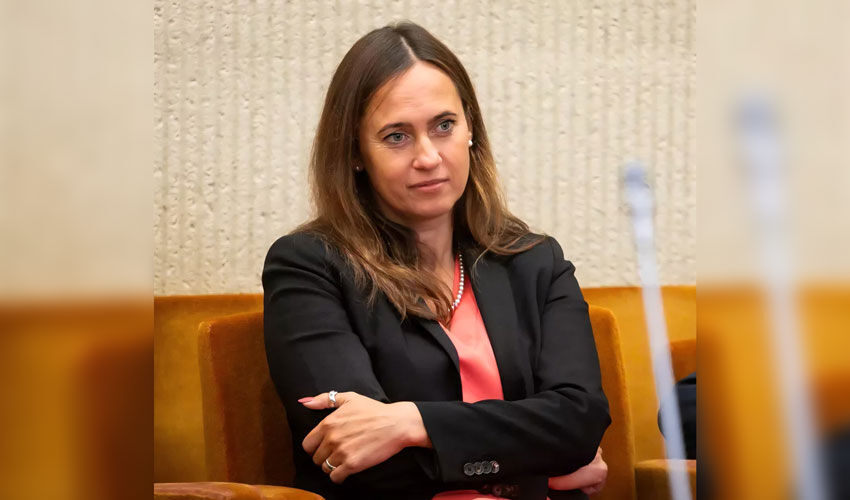
LP: – Mrs. Barzdienė, you said that EU membership was a step towards “real independence“. What do you mean by that?
– This feeling does not come immediately. When we joined the EU in 2004, we had fears – will we lose our sovereignty, will we be able to make decisions freely? But over time it became clear: membership in the EU has made us not less, but more free. We have gained access to the largest market in the world and to high-quality institutional support that cannot be overestimated.
LP: – What exactly do you consider to be the most significantchanges over these 20 years?
– Economically, it’s an obvious leap. Lithuania’s GDP has almost doubled, foreign direct investment has increased eightfold, exports have increased sixfold. Wages have increased sixfold, and inflation has been kept at 2%. For example, in 2004 the average Lithuanian could not afford a good cup of coffee in Milan, but today he does not feel the difference between Vilnius, London or Lisbon, and this is an important indicator. Now the average pre-tax salary is about 2000 euros, after that it is 1300-1400 euros. By 2030 we hope to reach 90% of the EU average salary.
LP: – How did Lithuania manage to attract such a solid amount of investments?
– First of all, through access to a market of 500 million people. We realized that this is a powerful competitive advantage and started to use it to the maximum. Today, when we present Lithuania to investors, the first thing we say is that we are part of the EU and NATO. This is a brand of quality. This is security and stability.
Investors realize that their capital is protected. We have simplified the procedures, accelerated the authorization terms. It used to take up to two years to obtain construction permits, now it takes 3-4 months in some regions. There is a clear road map for investors. Free economic zones have appeared. They cannot be called illegal in the EU – it is important to comply with the norms of state aid. We have adapted free zones, made them transparent, accountable and effective. And it is working.
LP: – Where do you allocate capital in the first place?
– We have consciously invested in infrastructure, technology and education. We already have three “unicorns”: technology startups worth over one billion. We have started teaching digital skills to children from the age of 5, are developing retraining programs for 50+, and have opened startup incubators across the country. Priorities include ICT, smart engineering and biotechnology. All this is part of the national strategy of economic specialization.
LP: – Lithuania is actively developing the defense industry. Is this also part of the economic strategy?
– LP: Absolutely. The government is striving to keep at least 1.3 billion euros from the defense budget (in 2026 it will be 5-6% of GDP) in the national economy. Investments are being made in startups in the defense sector, and the DEVITUS program has been created with a budget of 300 million euros. The goal is not only security, but also industrial development.
LP: – What is the structure of business in Lithuania? Who is the “pulling force” of theeconomy?
– About 90% of companies are small and medium-sized enterprises. Approximately 70% of GDP is generated by them. That is why we actively support the sector: we develop strategies not only for transnational giants, but also for local businesses. It is important to us that the economy is sustainable and diversified.
LP: – Speaking about supporting Lithuanian companies, what do you mean?
– I would like to note that we have changed our attitude: we no longer say “our” and “foreign”. Any company is an investor. State support, first of all, is aimed at making them develop big projects and become strategic investors. We help with staff training, adaptation, and, of course, attract them to the regions. We do not want the capital to be concentrated only in Vilnius. For example, Klaipeda, Siauliai, Panevezys – all these regional cities are also developing well.
LP: – You said that Lithuanians who left are returning to Lithuania. What is this connected with?
– Yes, we have been recording positive migration for about four years now. Last year alone, more than 2,500 people returned to Lithuania. Many return after studying abroad. There are programs: the state pays for study abroad, provided they return and work in their home country. And – what is important – people return not only to Vilnius, but also to the regions. Lithuania is becoming socially attractive. We are indexing the minimum wage, striving for fair redistribution. All this has influenced the fact that today more people return to Lithuania than leave.
LP: – How do you assess the current level of corruption compared to 20 years ago?
– The difference is enormous. Once it was possible to “negotiate” with an inspector – today even an attempt can end in jail. One of the members of parliament has now been convicted of corruption. We have changed the public perception: corruption is not a norm, but a crime.
LP: – Moldova counts on Lithuania’s support in the process of European integration. What kind of assistance can you give us?
– For us this step is a moral obligation. We were once in Moldova’s place – a young country just joining the EU, relying on the support of partners. Now it is our turn to help.
In 2027, Lithuania will hold the presidency of the EU Council. Moldova is already on our priority list. We believe that Moldova is a part of Europe and we are ready to help with reforms, with adaptation to the EU law, with infrastructure, with access to funds. So our support will be quite tangible in practice.
Irina Matsenco, Alexander Burdeinii
Chisinau – Vilnius
Reference: economic cooperation between Moldova and Lithuania
Investments: 58 companies with Lithuanian capital operate in Moldova. The total amount of investments is 24.32 million lei. Among successful projects are Audimas, Utenos Trikotažas and Adventica family center (turnover of about 1 million euros).
Trade: In 2024, bilateral trade turnover amounted to 47.42 million USD (25.35% growth compared to 2023). Moldova’s exports – 19.64 million, Lithuania’s exports – 27.78 million dollars.
Top exports from Moldova: knitwear, cosmetics, wine, medicines, furniture, fruits and preserves.
Top imports from Lithuania: cigarettes, textiles, medicines, machinery, beer, cheese, fish.
Agreements: There are 42 bilateral treaties between the countries, including in the areas of trade, transportation, security, education and prevention of corruption.
Support for reforms: Lithuania has implemented more than 155 development assistance projects in Moldova. Priorities include administrative reform, combating misinformation, and building resilience.
Policy: Support to Moldova within the framework of NB8 (Nordic-Baltic cooperation). Regular visits of heads of state and ministers. Lithuania is one of the main supporters of Moldova’s European integration.
